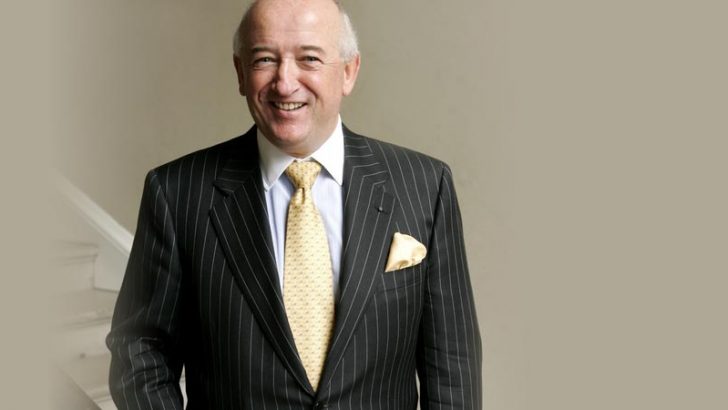Pat O’Kelly
Brainchild of the ubiquitous John O’Conor, the Dublin International Piano Competition celebrated its 30th birthday last month with the 11th of its triennial events held at both the RDS and National Concert Hall.
The 2018 competition, with its €15,000 first prize, together with a series of recitals in Ireland and overseas including such prestigious venues as London’s Wigmore Hall, Leipzig’s Gewandhaus and New York’s Carnegie Hall, drew 55 entrants from 22 countries.
Of these I was surprised to find so many coming from the Far East. There were nine from South Korea, six from China, five from Japan, two from Hong Kong and one each from Malaysia, Singapore and Vietnam.
Ireland had six entrants; the US also had six with Russia sending five. The remainder of the disparate group came from Brazil, Canada, Croatia, Georgia, Germany, Israel, Kazakhstan, Poland, Portugal, UK and Ukraine.
The jury, under John O’Conor’s direction, were equally international with members from China, Finland, Germany, Japan, UK and USA. Besides O’Conor, Ireland was represented by Finghin Collins and DIT’s Mary Lennon.
Leaving the choice of programme to individual competitors means an extraordinary variety of music on offer to the general punter. It was interesting to find the baroque, classical, romantic and contemporary weaving in and out of the various rounds.
DIPC does have one stipulation – the semi-finalists must include one of the commissioned Irish works in their 50-minute recital and this time the chosen composers were Ann Cleare, Deirdre Gribben, Brian Irving and Conor Linehan.
Imaginative
Just managing to hear six of the dozen semi-finalists I was again impressed by the extraordinary talent and musicianship of the young people involved whose ages ranged from 18 to 29. Listening to their imaginative interpretations proved a fascinating experience.
For instance Russian Alexey Sychev’s vividly sparkling account of Debussy’s Feux D’artifice and his dynamic drive in Liszt’s B minor Sonata were particularly satisfying. I also found another Russian – Anna Geniushene – impressive in keeping Schumann’s meandering Humoreske under control without losing any of its brilliant pianistic colours.
If I felt Ireland’s Eoin Fleming did not do himself full justice in either Beethoven’s Op 111 or Liszt’s Dante Sonata, the jury awarded him a number of prizes, not least the best performance of Deirdre Gribben’s shimmering Debussy-esque Unseen.
The move to the concerto finals also brought some stunning playing from the four soloists who were accompanied with aplomb by the RTÉ NSO under conductor Andrew Mogrelia.
In the event, the €15,000 first prize went to South Korea’s Saeyoon Chon (22) heard to spectacular effect and with bravura panache in Prokofiev’s 2nd Concerto.
With elegant poise in Chopin’s 1st Concerto, the US’s Evren Ozel (18) took second prize of €10,000 as well as being chosen as the best Mozart and Chopin player in earlier rounds.
Hong Kong’s Aristo Sham (22) contrasted virtuosity with lyricism in Prokofiev’s 3rd Concerto and took the €7,000 third prize while Alexey Sychev (29) was rewarded with €5,000 for his richly romantic and resolute reading of Tchaikovsky’s ever-popular 1st Concerto. Overall, this was a gala occasion.


 John O’Conor
John O’Conor 